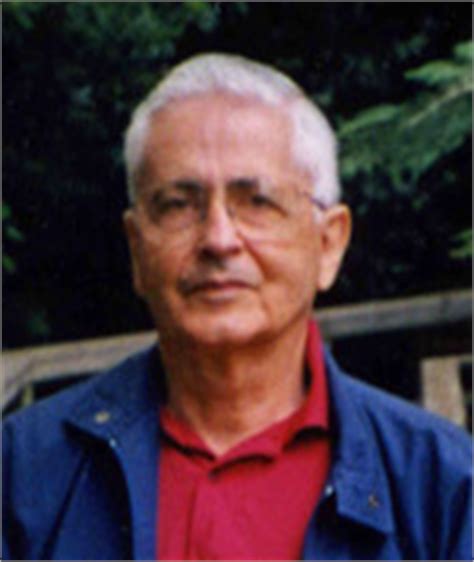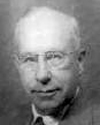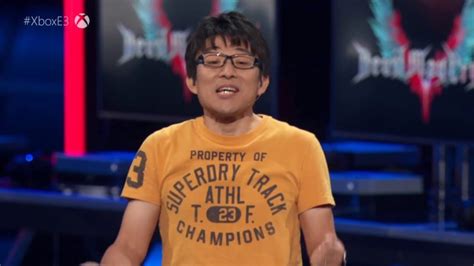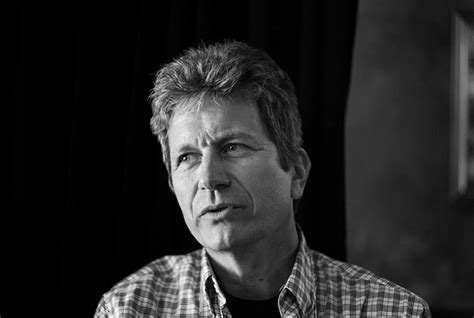A Quote by James Surowiecki
If small groups are included in the decision-making process, then they should be allowed to make decisions. If an organization sets up teams and then uses them for purely advisory purposes, it loses the true advantage that a team has: namely, collective wisdom.
Related Quotes
Actually, I can't take credit for any of my decisions. I noticed one day that all my decisions were making themselves, and always at the right time. I haven't had to make one decision since then. They are always made for me, and they come from the wisdom that is in us all. I trust that wisdom completely. That trust itself was a decision made for me as inquiry cleared my mind. No decision, no fear.
Our characterization of collective folly is that sound judgment is not feasible when there is forced or false agreement in groups. We also show how group polarization sets the stage for risky and even dangerous decisions to be made. How we navigate between false agreement and polarization is the kind of mastery that collective wisdom represents.
Collectivism takes on many guises and seldom uses its own real name. Words like 'community' and 'social' soothe us into thinking that collectivist decision-making is somehow higher and nobler than individual or 'selfish' decision-making. But the cold fact is that communities do not make decisions. Individuals who claim to speak for the community impose their decisions on us all.
Proverbs, and the wisdom literature in general, counter the idea that being spiritual means handing all decisions over to the leading of the Lord. The opposite is true. Proverbs reveals that God does not make all people’s decisions for them, but rather expects them to use his gift of reason to interpret the circumstances and events of life within the framework of revelation that he has given. Yet when they have exercised their responsibility in decision-making, they can look back and see that the sovereign God has guided.
The way to make better decisions is to make more of them. Then make sure you learn from each one, including those that don't seem to work out in the short term: they will provide valuable distinctions to make better evaluations and therefore decisions in the future. Realize that decision making, like any skill you focus on improving, gets better the more often you do it.
In collage you're doing it in stages so you're not actually doing it right there. You first of all draw it on the paper, then you cut it up, then you paste it down, then you change it, then you shove it about, then you may paint bits of it over, so actually you're not making the picture there and then, you're making it through a process, so it's not so spontaneous.
I never understood using Kickstarter for commercial purposes. If you want to raise money for commercial purposes, I think you should give someone a dividend. They make money, then you make money. It should be an investment, whereas I think Kickstarter's true purpose is raising money for things that are in and of themselves justifying.
First, I take a lot of time to just explain my vision of what the game should be to the team. Then I make all subsequent decisions based on how I want to feel when I buy the game, and what impressions I want to have of it. I then go about implementing the little points that will lead up to that finished product.
The Obama administration asked General Motors CEO Rick Wagoner to step down, and he agreed. This is good news for Obama; the last time he tried to get someone to quit, it took months -- and even then, he had to promise her a job as secretary of state. ... According to the government, Rick Wagoner was forced to resign because of poor performance. That's embarrassing -- run an organization that loses billions of dollars and then get fired by a guy who heads up an organization that loses trillions of dollars.
If you are able to see on a monitor what it's actually going to look like and have that kind of feedback informing your decisions, then you're bringing back a lot of the decision-making process of the designer, the director of photography and the director away from the post-production process and bringing it back into the actual capturing of the event on film.
































